How Winter Weather Affects Your Garage Door
Cold weather can cause various garage door issues that prevent efficient functionality. Since metal contracts in freezing temperatures, springs and tracks often endure significant damage. If your door is difficult to open or close, most likely, there is an issue preventing it from operating correctly.
While a garage is great for storing your vehicle, a malfunctioning door can compromise its safety and condition. Read further to determine how winter weather can adversely affect a garage door.
Icy Door Panels
Water melts and freezes due to fluctuating temperatures and icy conditions. As a result, ice can develop quickly in various areas outside your home, including beneath your garage door. Also, it can become trapped between the entry and frame, causing it to remain shut despite how much strength you use to force it open. Reading information about winter weather preparation can help you take precautions to preserve your door.
Severe Lubrication Issues
Lubricants allow your garage door to open efficiently and effortlessly. However, low temperatures can cause oil to thicken, leaving the door vulnerable to severe jamming. Also, specific surface areas can stretch if you fail to maintain them adequately.
One way to avoid lubrication issues during the winter is to use oils with low-pressure ratings. Additionally, it would help use an efficient product to keep specific garage door parts, such as rollers and hinges, operational.
Excessive Moisture Absorption
Consistent dampness can increase moisture absorption, causing your jambs to bulge. Your garage door is more prone to becoming wedged due to expanding metal and rubber components. Maintaining your gutters can help prevent buckling and water pressure.
Brittle and Weak Springs
Since garage door springs become fragile under icy conditions, they are more likely to break even under the slightest pressure. While they usually last up to 10,000 cycles, they endure significant wear and tear due to adverse winter weather. Natural elements such as a snowstorm or heavy, cold rain can gradually destroy the durability of each spring.
When temperatures drop, the best thing you can do is preserve your springs, ensuring they are well lubricated. However, your door may need a spring replacement if maintenance is ineffective.
Deformed Metal Components
Metal contracts during exposure to cold temperatures because molecules shrink in and around the area. The contraction can cause deformities and garage door track misalignment, preventing opening and closing. While a lubricant is a temporary solution, consider calling a specialist if the problem continues.
When it comes to the condition of your garage door, cold weather can cause severe destruction. Contact Lincoln Door via our website form or call 602-955-4144. We can perform a professional repair job and provide preventive maintenance to protect your door against further damage.

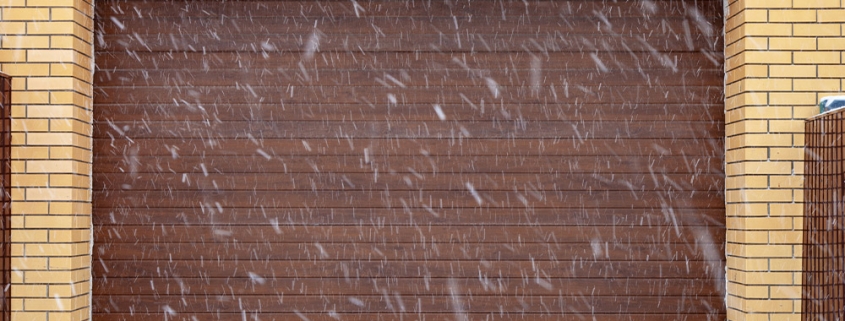
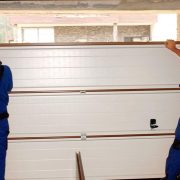
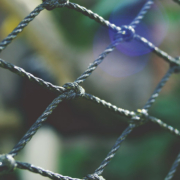
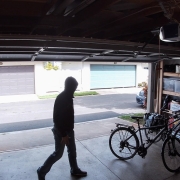
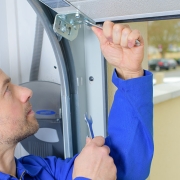
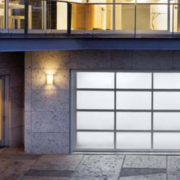
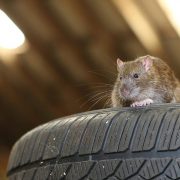
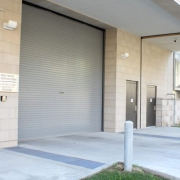
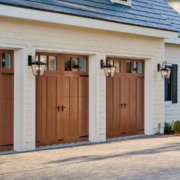

Leave a Reply
Want to join the discussion?Feel free to contribute!